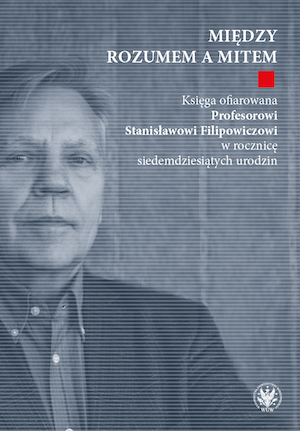Wolność akademicka a pragnienie prawdy
Academic freedom and the desire for truth
Author(s): Piotr Mazurkiewicz
Subject(s): Politics / Political Sciences, Law, Constitution, Jurisprudence, Political Theory, Political Sciences, Security and defense
Published by: Wydawnictwa Uniwersytetu Warszawskiego
Keywords: freedom; truth; science; theory; practice; politics; economics
Summary/Abstract: The paper undertakes the problem of the relationship between academic freedom and the pursuit of cognition of truth. The question of the freedom of science appears for the first time in the writings of Aristotle, who associates the freedom of cognition with its ‘non-utility’, i.e. the absence of goals that treat cognition instrumentally, and with the freedom of the researcher from the influence of non-scientific factors (e.g. pressure of power, economic interests). In Aristotle’s opinion, practical and productive sciences are more necessary but less worthy. In Plato’s understanding, the freedom of science is closely related to the freedom from the obligation to deal with politics. The author analyses to what extent these concepts of academic freedom are valid and realised today. This is done in relation to the way the four classical faculties function and the ‘fifth faculty’, i.e. the natural sciences. The current relationship between science and politics is also examined in more detail.
Book: Między rozumem a mitem
- Page Range: 307-328
- Page Count: 22
- Publication Year: 2023
- Language: Polish
- Content File-PDF

